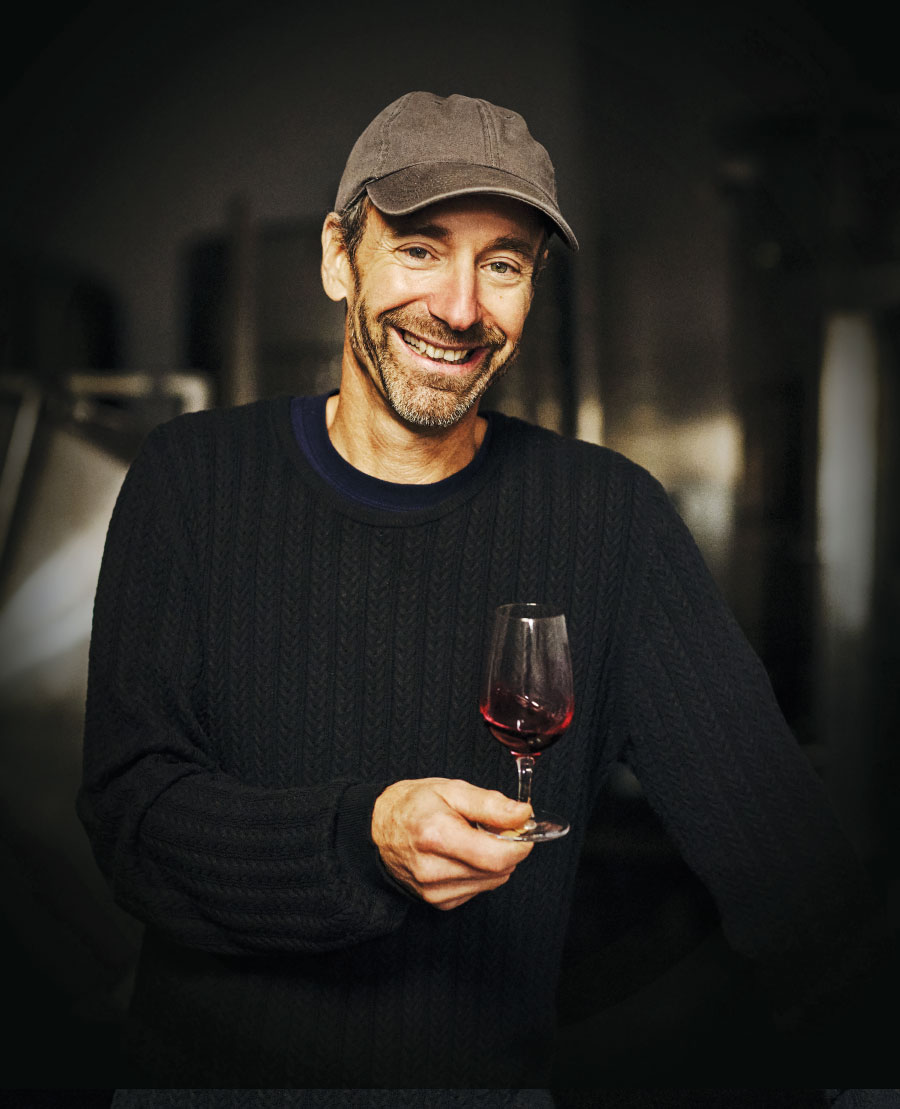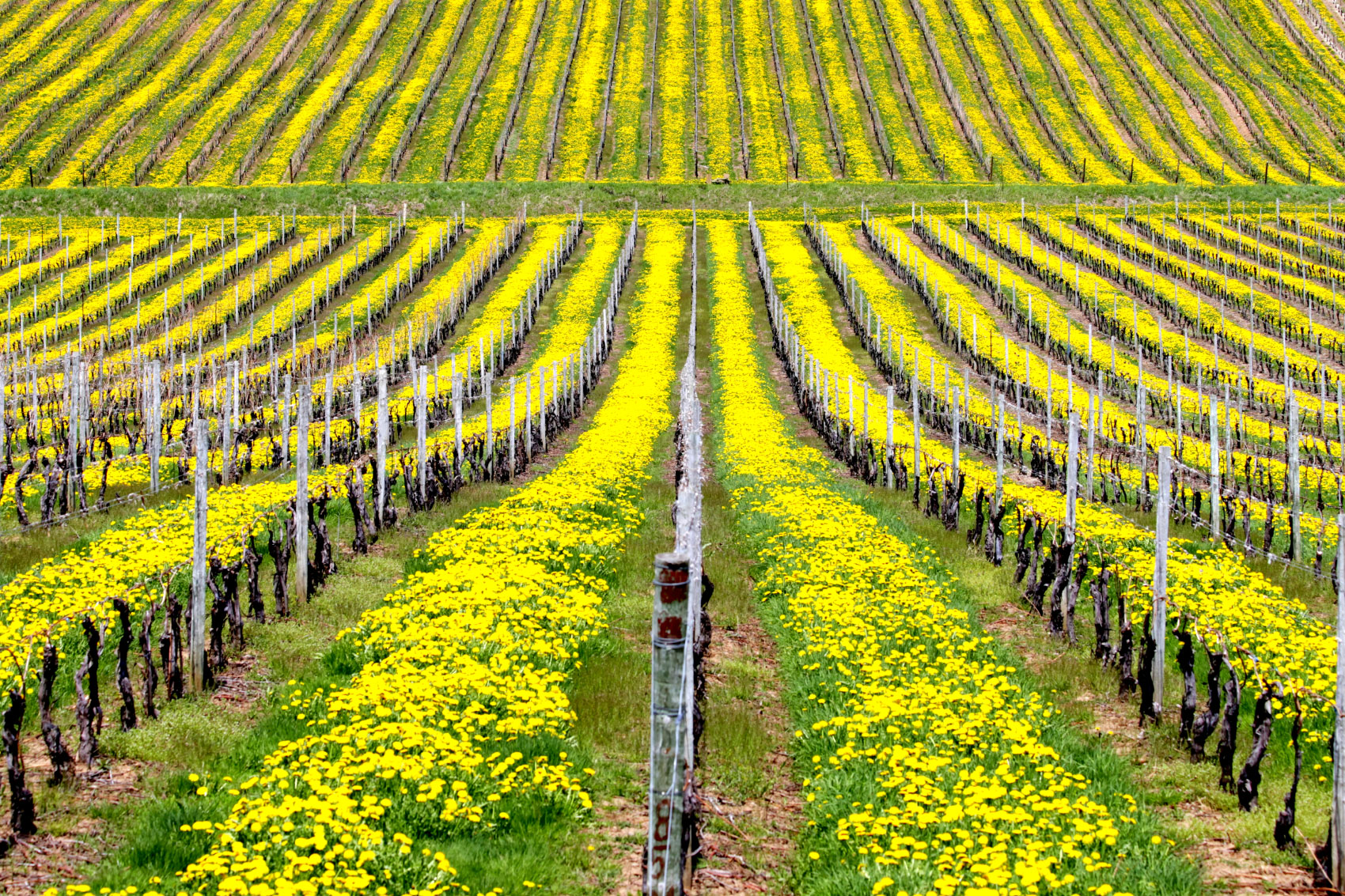The Canadian wine industry has undergone significant changes following the removal of the excise tax exemption in 2022. This policy shift, which ended a 13-year exemption for domestically-produced wines, has posed numerous challenges for vintners across the country. However, as with any adversity, the industry has shown remarkable resilience and ingenuity in navigating this new economic landscape.
The excise tax exemption was initially introduced to bolster the fledgling Canadian wine industry, helping it to compete against international wines by reducing production costs. However, its removal in 2022 sent ripples through the market, causing immediate financial strain on wineries.
“The return of the excise tax has a direct impact on cash flow,” said Stéphane Lamarre, owner of Château de Cartes, Vignoble et Cidrerie, in Montreal. “One of the strategies we employ is to fragment our bottlenecks in order to minimize its impact.”
The reintroduction of the excise tax meant that producers now faced an additional cost of $0.51 per litre – a significant increase, especially for smaller wineries operating on tighter margins. Craig MacMillan, co-owner of Stonehouse Vineyard in Ontario, shares a similar sentiment regarding those economic pressures. “Our focus has been to address the punitive charges imposed on 100 per cent non-VQA wine that results in cumulative taxes and charges ranging from 49-55 per cent, depending on the sales channel,” said MacMillan.
All the administrative constraints in the alcohol sector are pushing us to diversify our activities and sources of income. Wine tourism, on-site accommodation, catering, etc., are all related sources of revenue. These help us balance our budgets while increasing our workload.
Stéphane Lamarre, Château de Cartes, Vignoble et Cidrerie
While the policy change was intended to level the playing field and align with international trade agreements, it presented Canadian wineries with a stark choice: Absorb the additional costs and reduce profit margins or pass the cost onto consumers, risking reduced sales in a competitive market. Many wineries were initially apprehensive, foreseeing a potential decline in domestic sales and an uphill battle to maintain market share.
“We have decided to absorb these costs for the time being,” Lamarre said, reflecting a strategy adopted by many to mitigate the immediate impact on pricing.
In response to these challenges, Canadian wineries have employed a variety of strategies to adapt and thrive. “All the administrative constraints in the alcohol sector are pushing us to diversify our activities and sources of income,” Lamarre said. “Wine tourism, on-site accommodation, catering, etc., are all related sources of revenue. These help us balance our budgets while increasing our workload.”
This diversification is helping wineries offset the additional costs imposed by the excise tax and explore new ways to sustain their business.
“The Quebec wine industry only exists thanks to government support,” Lamerre added. “They overtax us on the one hand while granting us development aid on the other. I see it as a kind of control exercised by our various levels of government.” This dual nature of government involvement underscores the challenges and paradoxes faced by the industry.
Another key strategy has been market diversification. Canadian wineries have expanded their reach beyond domestic markets, seeking opportunities in international markets where Canadian wines are increasingly gaining recognition for their quality. The removal of the excise tax exemption inadvertently pushed wineries to explore and invest in export strategies, opening new revenue streams and reducing dependence on the domestic market.

Countries such as China, the United States and the United Kingdom have shown a growing appetite for Canadian wines. Trade missions, participation in international wine fairs and strategic partnerships with foreign distributors have played a crucial role in this expansion. The support from government agencies such as Agriculture and Agri-Food Canada has also been instrumental in facilitating these export opportunities.
In a recent development, relief has arrived for Canadian winemakers. Effective July 1, 2024, the Canadian government repealed the excise duty on wine made from 100 per cent Canadian-grown grapes. This repeal is aimed at alleviating some of the economic pressures faced by local wineries, providing a more balanced playing field for domestic producers.
Lamarre also observes that the impact of the excise tax on consumer behavior is limited. “I don’t think consumers are really aware of the situation. Direct costs are added to the selling price so, in the end, the process is transparent to the consumer,” he said. Despite this, he foresees long-term implications.
“There’s a limit to how much producers can absorb cost increases. Sooner or later, increases will come, and the consumer will suffer the consequences. In the end, we’ll be even less competitive on the international market,” said Lamarre.
While the removal of the excise tax exemption undoubtedly presented significant challenges, the Canadian wine industry has demonstrated remarkable resilience and adaptability. “There’s only one way to grow our industry: Exploit our land and add value to the material obtained by processing it. The rest of our activities will only hinder the expansion of this agricultural sector,” said Lamarre.
Through operational efficiency, market diversification, enhanced tourism experiences and robust government support, the industry is not only recovering, but is poised for future growth.
As Canadian wineries continue to innovate and adapt, they are well-positioned to navigate the complexities of the global market, offering products that stand out for their quality and uniqueness. The journey of recovery and growth is ongoing, but the industry’s ability to turn adversity into opportunity bodes well for its continued success.




